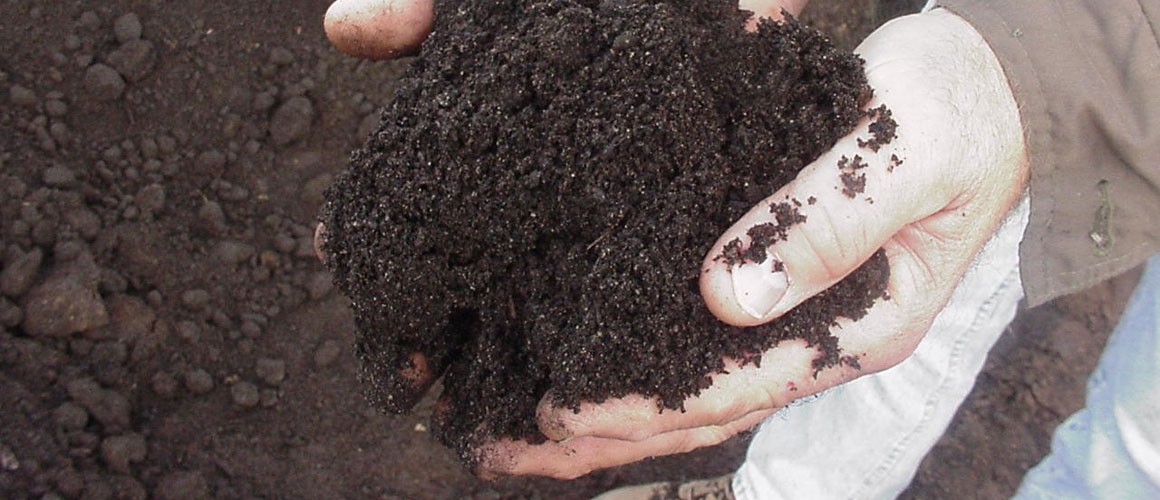Chancellors Hall is set to become much more environmentally friendly and sustainable in the near future.
A composting project is scheduled to start early next week in Chancellors Hall. The residence hall was chosen for the project because of its kitchens and the number of residents without meal plans, which leads to more garbage in the hall than in other dormitories.
The pilot program calls for one floor of Chancellors to participate this semester, most likely the second floor, with other floors potentially being added in later semesters. Funds for the program will come out of the Student Office of Sustainability budget, with no extra cost to residents.
SOS Director Brittany Whited says implementing composting on campus will benefit the environment tremendously.
“It’s the wave of the future, sustainability,” Whited said. “We should be all about it, and we’re working towards that with this program.”
Composting begins with dirt and worms in a container. Certain food scraps are then added to the pile and broken down by the worms. Once the scraps are digested, compost is created in the form of worm castings. Worm tea, the runoff from the worms’ by-products, is also created and can be used to fertilize plants.
Whited said she began laying out the project during the fall semester with then-SOS Director Ben Ponkratz and advisor Kate Hartsell. Once the ideas were formed and the pilot program was finalized, much of the work was passed on to freshman Bailey Kramer. Kramer will oversee the project as well as install the compost herself.
Surveys were sent out to Chancellors Hall residents and while most of the feedback was positive, some respondents professed concern about potential sanitary problems.
Whited says the stigma that can surround composting is completely false.
“The fact is, when you compost correctly there isn’t any smell,” Whited said.
Kramer hopes to have the compost installed and functional by Monday or Tuesday next week. She also plans to host a workshop for students who wish to learn how to compost themselves, although final details have yet to be sorted out.
Chancellors Hall Director Jerron Parker first mentioned the program to his residents late last semester. He was surprised at the number of students who had experience composting in the past.
“I’ve never heard of composting before because I’ve never lived in an area like this before,” Parker said. “But a lot of my residents do it at home or on the farm.”
Kramer said a bin will be provided on the participating floor where residents can place items that can be broken down by the worms. Regular garbage bins will still be in place for things that cannot be used in composting.
Kramer said that expanding the program past Chancellors Hall in the future could prove difficult.
“The only concern is most of the other dorms don’t have as much (room), so it probably wouldn’t be as big in the other dorms,” Kramer said.
Parker also cited the lack of kitchens in other halls as a reason why the program may struggle outside Chancellors Hall.
Chancellors Hall Council President Preston Schmidt lives on the fifth floor and pushed for his floor to be the one chosen for the pilot program. But he plans to support the program and would love to see it succeed.
“Hopefully, it will expand to more floors if it goes well,” he said.







